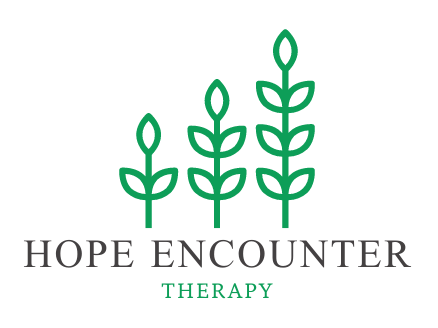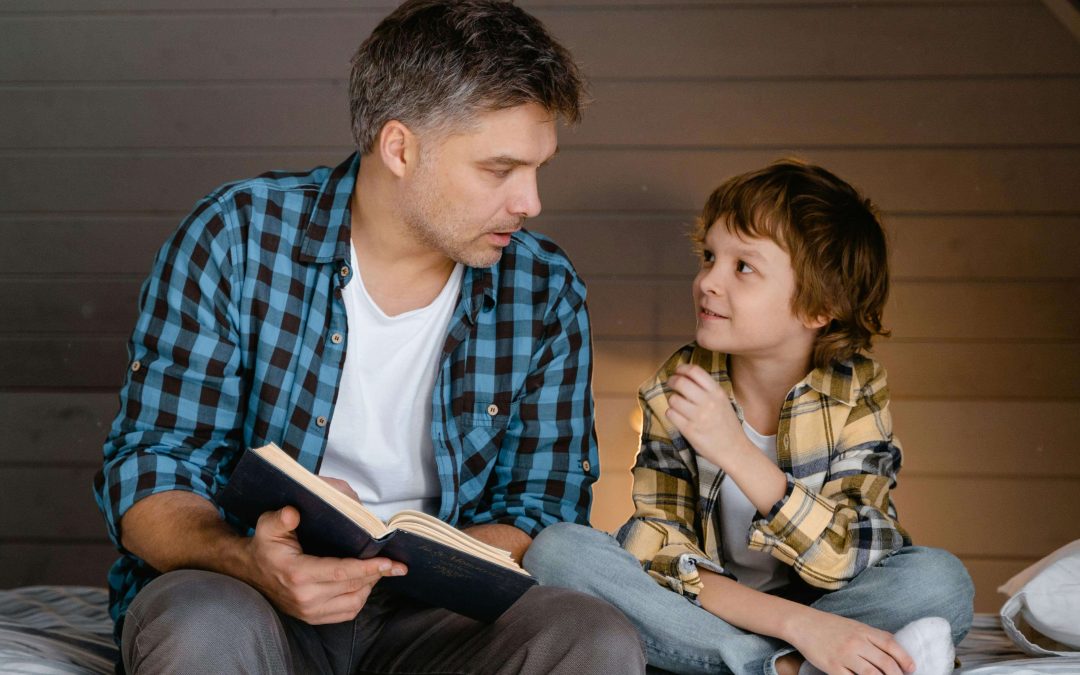As a parent, you want to give your child a better life than you had. You want to be patient, nurturing, emotionally available, and safe. And yet, despite your best intentions, you may sometimes find yourself reacting in ways that surprise or scare you.
Maybe it’s yelling when you swore you wouldn’t—shutting down during conflict. Feeling triggered by your child’s emotions. Or struggling to feel emotionally close at all. If this sounds familiar, you’re not alone—and it doesn’t mean you’re a bad parent. It might mean that your childhood wounds are still affecting you in ways you didn’t expect.
This is called generational trauma, and while it’s painful, the good news is that it can be healed with the support of EMDR therapy. Your child’s healing journey could be the most powerful gift you ever give them.

What Is Generational Trauma?
Generational trauma, sometimes called intergenerational trauma, refers to the emotional wounds, patterns, and coping strategies that get passed down from one generation to the next. These aren’t just learned behaviors—they are often deeply rooted in the nervous system and shaped by unprocessed pain.
This type of trauma can be passed down through:
- The way emotions are (or aren’t) expressed
- Beliefs about safety, worth, and trust
- Parenting styles and disciplinary practices
- Patterns of attachment, avoidance, or emotional availability
- Epigenetic changes that influence how stress is processed biologically
Even if your parents “did the best they could,” they may have passed along unresolved trauma from their upbringing. And if those wounds were never acknowledged or healed, the cycle often continues—until someone chooses to face it.
How Unresolved Childhood Trauma Affects Parenting
When adults carry unhealed childhood trauma, it doesn’t disappear when they become parents. Parenting often triggers unresolved pain from one’s childhood. Here are a few common ways this shows up:
- Emotional Reactivity
Parents who experienced chaotic, unsafe, or emotionally invalidating environments may struggle to regulate their feelings, especially when their child expresses big emotions. A child’s tantrum might trigger old feelings of being out of control, rejected, or powerless, leading to yelling, shutting down, or over-correcting.
- Difficulty Connecting Emotionally
If you grew up in a household where emotions were ignored or punished, it may feel foreign or uncomfortable to offer emotional support to your child. You may love them deeply, but struggle to be emotionally present or feel guilty for not knowing how to be.
- Overcompensating or Overprotecting
Some parents try to give their child “everything they didn’t have,” but do so in ways that may unintentionally create anxiety or enmeshment. Constantly worrying, rescuing, or trying to prevent any distress can teach kids that the world isn’t safe or that they can’t handle discomfort.
- Repeating Patterns You Swore You’d Avoid
It can be devastating to hear your parents’ voice come out of your mouth—or to catch yourself acting in ways you once feared. This isn’t because you’ve failed—it’s because unconscious patterns often take over when we’re overwhelmed or dysregulated.
Signs of Generational Trauma in Families
Generational trauma isn’t always obvious. But over time, it tends to create cycles of:
- Emotional avoidance or emotional enmeshment
- Chronic stress, anxiety, or depression in children
- Fear of conflict or emotionally charged conversations
- Rigid or chaotic family dynamics
- Shame-based self-worth or people-pleasing tendencies
Suppose your family has a history of addiction, abuse, neglect, incarceration, displacement, or mental illness. In that case, there may be unspoken trauma that is still shaping how you parent and how your child learns to feel safe.

Why Healing Matters (for You and Your Child)
Children don’t need perfect parents. But they do need emotionally available, self-aware, and regulated ones. When parents work to heal their childhood trauma, it sends a powerful message to their children: “We can face hard things and can grow. We don’t have to repeat the past.”
Here’s how your healing benefits your child:
- Become less reactive and more emotionally responsive
- Model healthy emotional expression and boundaries
- Foster secure attachment by showing up consistently and safely
- Interrupt toxic patterns before the next generation internalizes them
Most importantly, you help your child feel that their emotions are valid, their needs matter, and that they are safe to be fully themselves.
How to Break the Cycle of Generational Trauma
You don’t have to do this alone. But healing starts with awareness, self-compassion, and support. Here are a few steps you can take:
- Acknowledge the Pain Without Blame
It’s okay to name what happened in your past without blaming your parents or shaming yourself. Compassion and accountability can coexist. “They did the best they could,” and “It hurt me” can both be true.
- Seek Trauma-Informed Therapy
Working with a trauma-informed therapist helps you safely explore your past, recognize how it affects your present, and build healthier emotional tools. Therapies like EMDR, somatic therapy, and inner child work are especially effective for generational trauma.
- Learn to Co-Regulate
When you’re emotionally flooded, your child likely feels it too. Practicing nervous system regulation techniques, such as deep breathing, mindfulness, or grounding exercises, helps you stay calm and teaches your child how to do the same.
- Repair When You Mess Up
You won’t always get it right—and that’s okay. What matters most is your willingness to repair: to acknowledge when you overreacted, offer a sincere apology, and reconnect with your child. Repair is where trust grows.
- Create a New Emotional Blueprint
Start small:
- Validate your child’s feelings
- Share your own emotions appropriately
- Set healthy boundaries with love
- Invite open conversations without judgment
These new ways of relating create a new emotional template—one your child can carry forward.
Your Past Does Not Doom You.
If you recognize yourself in this post, take a breath. You are not broken. You’re not destined to repeat what you experienced. You are brave for noticing and even braver for being willing to change.
Your children don’t need perfection. They need you to be present, honest, and committed to doing your best. And every step you take toward healing—every insight, every tear, every time you pause instead of react—creates a ripple effect that reaches far beyond you.
Ready to Start Healing?
At Hope Encounter Therapy, we specialize in helping parents heal childhood trauma through trauma-informed care, EMDR, and attachment-based therapy. You don’t have to do this alone, and you don’t have to be perfect to be powerful in your child’s life.
Contact us at: info@HopeEncounterTherapy.com or call: 919-335-3420
You’re already doing the work. Let us walk with you the rest of the way.

Heal Childhood Trauma and Break the Cycle with EMDR Therapy in Raleigh, NC
You don’t have to carry the weight of your past alone. At Hope Encounter Therapy, we help you process unresolved childhood trauma so you can show up fully for yourself and your family. Begin your healing journey today with EMDR therapy in Raleigh, NC. Follow these three simple steps to get started:
- Contact us for a free consultation.
- Meet with one of our skilled EMDR therapists.
- Begin breaking the cycle of trauma!
Additional Services Offered at Hope Encounter Therapy
At Hope Encounter Therapy, we support the healing journey of every individual—children, adults, and families—through compassionate, tailored care. While EMDR therapy is a powerful option for addressing childhood trauma and breaking generational cycles, we know it’s not the right fit for everyone. If you’re not seeking EMDR therapy, we also offer Somatic Experiencing, Narrative Therapy, and Cognitive Processing Therapy (CPT), creating personalized treatment plans to meet your unique needs. We also offer individual therapy. Whether you’re looking for support for yourself or a loved one, our services and blog offer insight, tools, and encouragement every step of the way.


